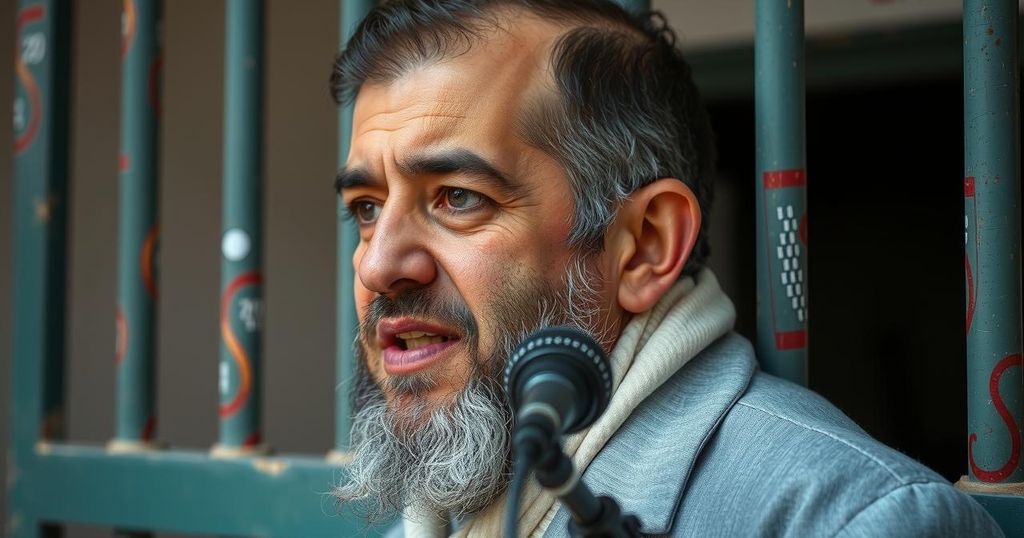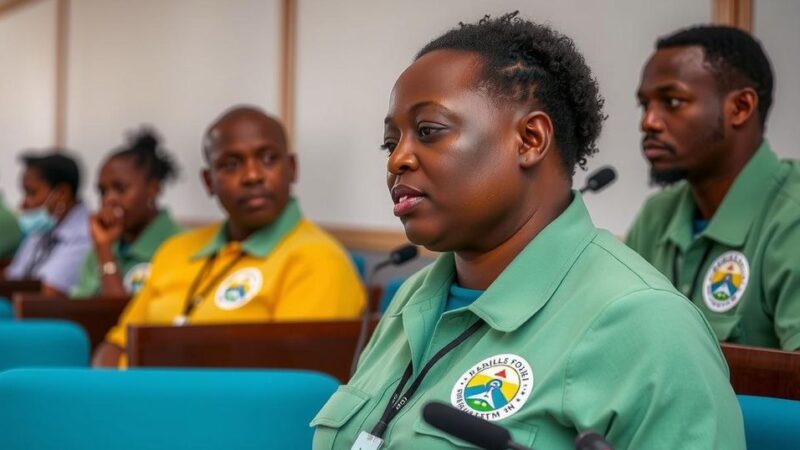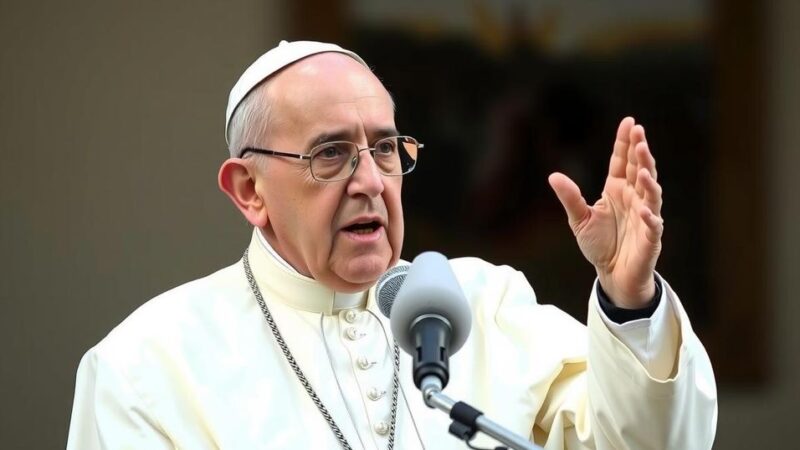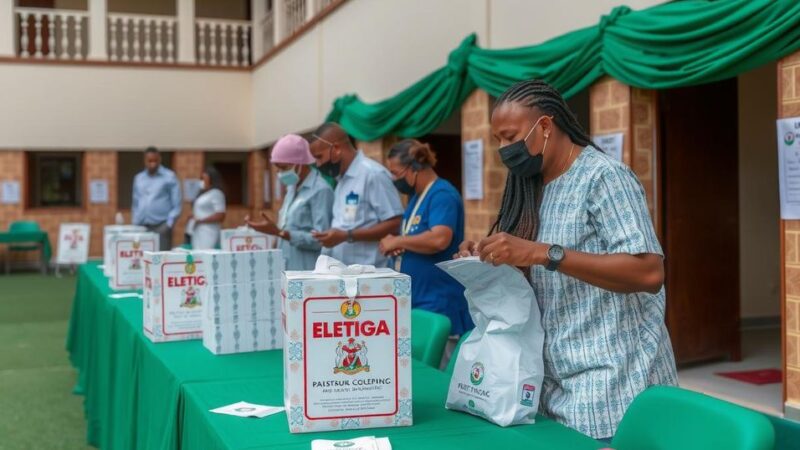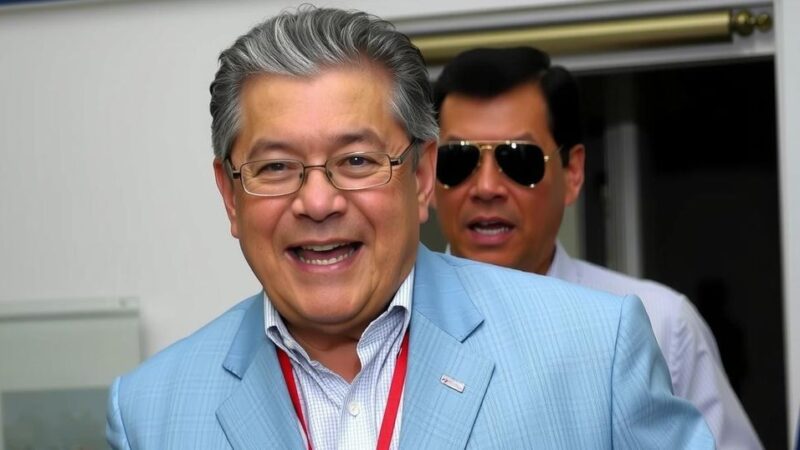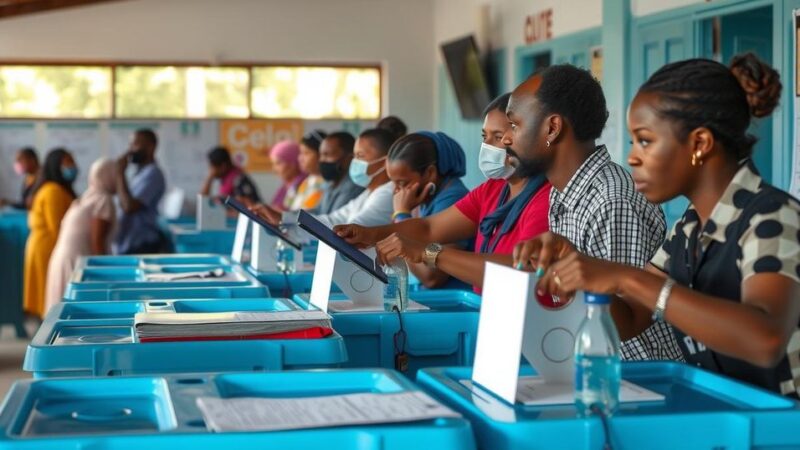Said Ait Mahdi, a Moroccan activist, was sentenced to three months in prison for leading protests against the government’s poor earthquake response, which resulted in significant loss of life and infrastructure damage. His charges, deemed politically motivated by human rights advocates, reflect a broader repression of activism in Morocco amid ongoing recovery efforts in the Al Haouz region, severely impacted by the September earthquake.
Recently, a prominent Moroccan activist, Said Ait Mahdi, received a prison sentence in a case widely regarded as a repressive action against dissidence. Leading protests against the government’s inadequate response to the devastating earthquake that struck the Al Haouz region in September 2023, Ait Mahdi, 32, was sentenced to three months in prison and fined over $1,000. His conviction came amidst accusations of defamation, inducing violence, and instigating unauthorized demonstrations, drawing sharp criticism from human rights organizations.
The September earthquake, measured at 6.8 on the Richter scale, claimed close to 3,000 lives and caused significant infrastructure damage, including the destruction of homes, schools, and healthcare facilities. In the aftermath, Ait Mahdi emerged as a leading voice advocating for victims, becoming the focus of mounting protests from citizens dissatisfied with the slow recovery efforts. Various activist groups have condemned local officials for their inadequate management of relief funds, leading to mounting frustration among displaced individuals still residing in temporary accommodations.
Ait Mahdi’s case stands as a cautionary example within Morocco’s recent history of suppressing activism and dissent. His attorney, Isaac Charia, indicated that typical sentences for similar offenses are one year; thus, Ait Mahdi’s three-month term could be interpreted as milder than anticipated, though still emblematic of escalating state repression. Notably, three other activists faced similar charges but were acquitted, hinting at a tumultuous legal landscape for dissent in the region.
The Moroccan Association for Human Rights characterized Ait Mahdi’s arrest as arbitrary, suggesting it was retaliatory in nature due to his commitment to advocating for earthquake victims. Collaboratively, various NGOs and leftist parties have mobilized to decry the charges against him as efforts to cover up severe injustices inflicted during the governmental emergency response.
As reconstruction progresses, with the government promising over $11.5 billion for recovery efforts, discontent persists among affected communities. Inhabitants from areas like Amizmiz and larger cities have engaged in protests, underscoring disappointment with the slow pace of reconstruction, which they believe further highlights territorial disparities within the country. Ait Mahdi has been hailed as “the voice of the oppressed and earthquake victims,” reflecting his critical role in these advocacy movements. Demonstrations continue to rally public support for his release and highlight the broader implications for civil liberties in Morocco.
The sentencing of Said Ait Mahdi is set against a backdrop of increasing tension between the Moroccan government and civil society. Following the devastating earthquake in September 2023, which inflicted severe damage and loss of life in the Al Haouz region, citizens began to express their discontent regarding the government’s recovery efforts. Ait Mahdi, as a leading activist, vocalized these grievances and became a prominent figure in the protests advocating for better support for earthquake victims. This reflects ongoing struggles for human rights and political freedoms within Morocco, particularly regarding dissent against state actions.
The case of Said Ait Mahdi illustrates the precarious situation facing activists in Morocco as they seek justice and accountability from their government. The backlash against Ait Mahdi for his activism in response to the earthquake response demonstrates the ongoing tension between state authority and civil liberties. As protests continue and public scrutiny remains high, the discourse surrounding human rights and governmental accountability in Morocco may evolve, necessitating vigilance from both national and international observers.
Original Source: www.independent.co.uk

